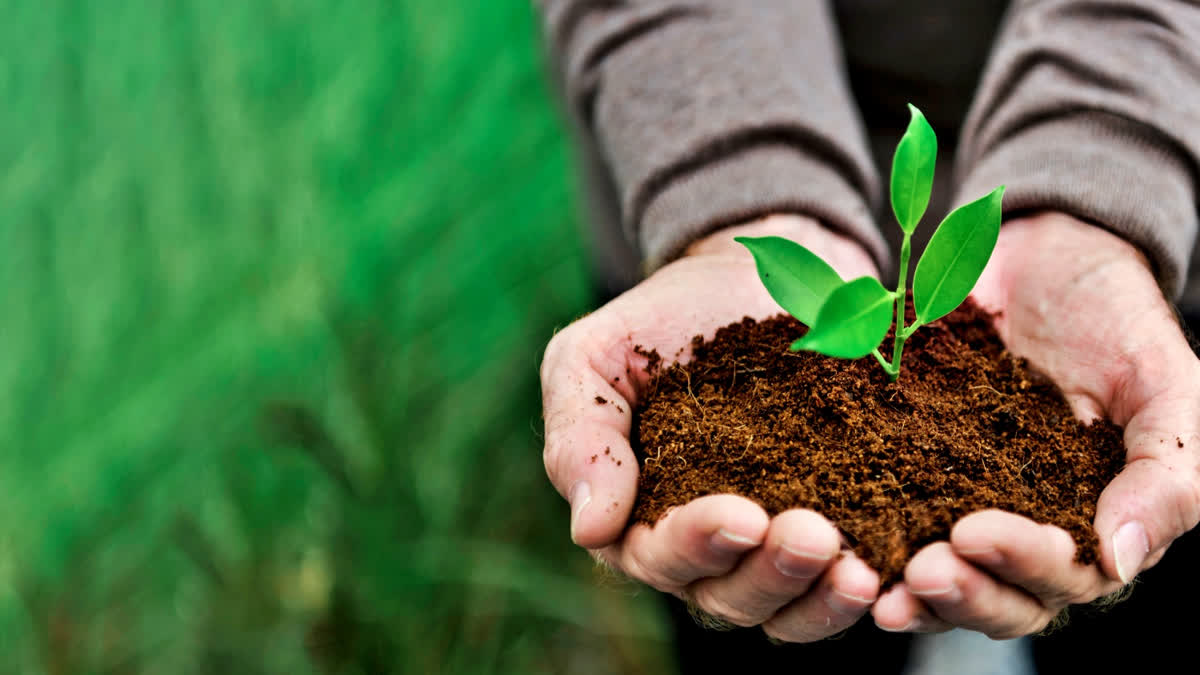In a groundbreaking study, researchers at the Indian Institute of Technology Bombay (IIT Bombay) have discovered bacterial species with the remarkable ability to consume toxic pollutants in soil and transform them into nutrients that promote plant growth.
Modern agriculture and industrial activities release harmful aromatic compounds into the soil, including pesticides, herbicides, and industrial by-products from cosmetics, plastics and dyes. These pollutants not only inhibit seed germination and plant growth but also accumulate in crops, impacting human health and the environment.
Traditional methods to combat soil contamination (such as chemical treatments or soil removal) are expensive and often ineffective. Enter IIT Bombay’s innovative solution: natural “cleaner” bacteria.
Bacteria That Eat Pollutants And Feed Plants
The research team led by Prof. Prashant Phale from IIT Bombay’s Department of Biosciences and Bioengineering identified specific bacterial strains from contaminated soils and agricultural fields. These bacteria, primarily from the Pseudomonasand Acinetobactergenera, feed on harmful pollutants and break them down into non-toxic, harmless compounds.
“These bacteria act as natural cleaners, breaking down aromatic pollutants while simultaneously improving soil health,” says Prof. Phale.
But their benefits don’t stop there. While eliminating pollutants, the bacteria also:
Convert Insoluble Nutrients:Transform insoluble phosphorus and potassium into forms readily available to plants.
Enhance Iron Absorption:Produce substances called siderophores, which help plants absorb iron in nutrient-limited environments.
Boost Plant Growth:Generate a growth hormone called indoleacetic acid (IAA), making plants healthier and more robust.
